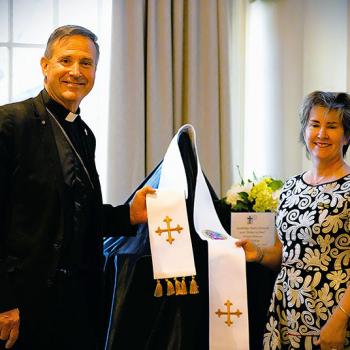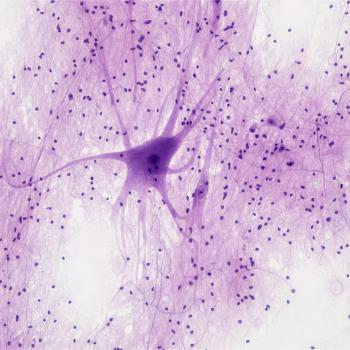The following words of a New Yorker who read sections of an earlier draft of this book reflect the outlook I had hoped for in writing it—no matter under what geographical conditions one lives.
When I have the correct perspective I find that there is a lovely, spare asceticism about the city—especiallyNew York City—from the architecture to the minimalism imposed by the sheer lack of horizontal space. With the correct outlook, I can make life in the city like that of the fourth-century desert abbas (fathers) and ammas (mothers) of Syria and northern Egypt who lived in sparsely populated areas.
As you point out, with the lessons of gratitude, simplicity, mindfulness, compassion and your other themes before me, I don't experience the city as a jumble, as many people do. Instead, I can appreciate the bubble of silence that every New Yorker usually allows other New Yorkers to feel by not being intrusive or immediately open and friendly. I find it gives one time to make a thoughtful decision about responses or overtures, and whether or not one will choose to make them.
With the right "eyes" what appears to be speed and uncontrolled hubbub is really energy if you accept that the surface is active and moving but underneath there is purposeful depth that supports life—like an ocean. It stimulates me. I find I have painful withdrawal symptoms without it.
The complexity of the people and act of living in the city is like this gigantic jigsaw puzzle that is meant for each of us to solve. When one finds a piece that fits with another piece it gives the greatest contentment. Sometimes in a whole day, a whole section of the giant picture that's hidden in the puzzle becomes absolutely clear to me. And I guess I think I find these pieces by trying to practice, as you suggest in your book, such essential things as kindness, gentleness, and letting go.
Given this sentiment, we can see that, with a bit of attention, living the themes of a simple, reflective, generous life can be accomplished anywhere. Whenever I am tempted to become wistful about my time as a youth on the farm or the intense life I live now, I stop myself and recognize that I can change what is preventing me from being mindful and reflective with just a bit of effort, no matter where I live. With a country psychology I can even be content in spite of or because of living in or near a city. I just need to appreciate and incorporate the right perspective and priorities that lead to compassion and contentment.
I used to feel it was good when I prioritized my schedule, and I suspect it is necessary when things are busy and seem out of whack. But I also remember Stephen Covey's suggestion that an even more important step than prioritizing your schedule is scheduling your priorities. We have more power to do this than we think.
Robert Fulghum, author of All I Really Need to Know I Learned in Kindergarten, tells a story of a man who complained daily about the lunch he brought to work. Finally, when this had gone on for weeks, one of his coworkers got up the courage to ask who made his sandwiches anyway. To which the man responded, "Why, I do."
We are responsible for our own lives. Just as I unconsciously did as a youngster on the farm, I must consciously:
- Slow down by taking a few breaths as I walk somewhere or am about to answer the phone or sit down at the computer.
- See the day before me—people, things, myself—as they are, not as I want them to be.
- Take a walk, not "take a think," and be open to all the gifts around me—whether it be a forest I feel is detoxifying me or the bustle of a city where I feel the impulse to smile at the energy around me.
- Appreciate the wonders of who I am and all the people, benefits, and inspiring challenges around me that won't be there forever.
- Allow myself a few moments each day in silence and solitude, in my own mental forest with a stream in it, where I can simply breathe, relax, and be, and can know in my heart that I have enough for now to be at peace . . . yes, to know I have enough, I am enough.
When you relax, breathe deeply, and are
mindful, meditative, and alive with a sense
of inner ease, this state is not only a source of
personal contentment (although it is certainly
that); your mere quiet, reassuring presence can be
a gift encouraging serenity in others as well.




